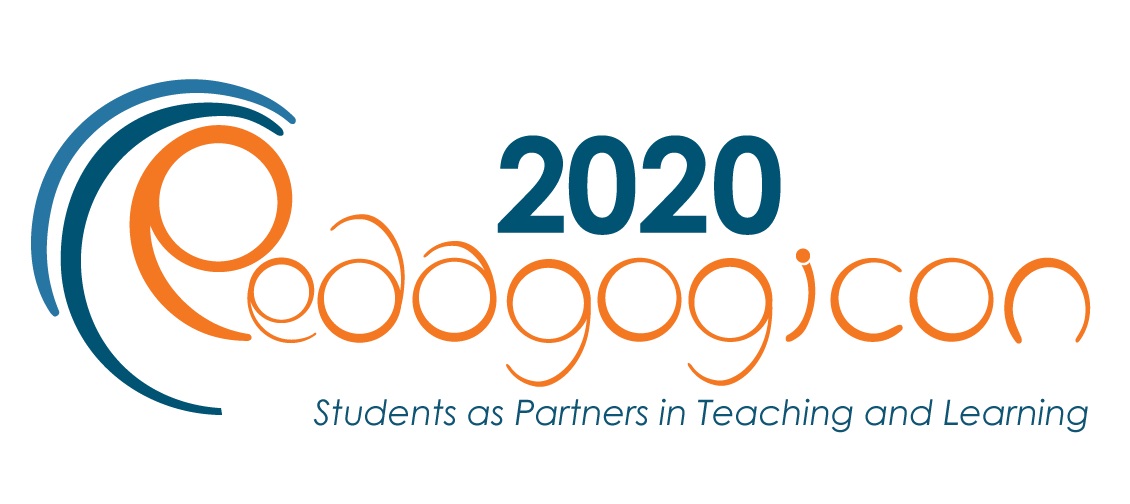Publication Date
2021
Abstract
Because texts often reflect the culture and values of a society and can either disrupt or reinforce stereotypes, it is imperative that faculty and their students alike participate in critical analysis and reflection of the literature and texts used in their classrooms. Critical reflection can reveal whose voices are privileged and whose voices are left out of the literature. In this paper, the authors discuss how faculty and students can use a reflective tool--the Quality Literature Quadrant (QLQ), as a means to examine stereotypes in literature and texts.
Creative Commons License

This work is licensed under a Creative Commons Attribution 4.0 License.
The Quality Literature Quadrant (QLQ): A Reflective Tool for Examining Stereotypes in Texts
Because texts often reflect the culture and values of a society and can either disrupt or reinforce stereotypes, it is imperative that faculty and their students alike participate in critical analysis and reflection of the literature and texts used in their classrooms. Critical reflection can reveal whose voices are privileged and whose voices are left out of the literature. In this paper, the authors discuss how faculty and students can use a reflective tool--the Quality Literature Quadrant (QLQ), as a means to examine stereotypes in literature and texts.


